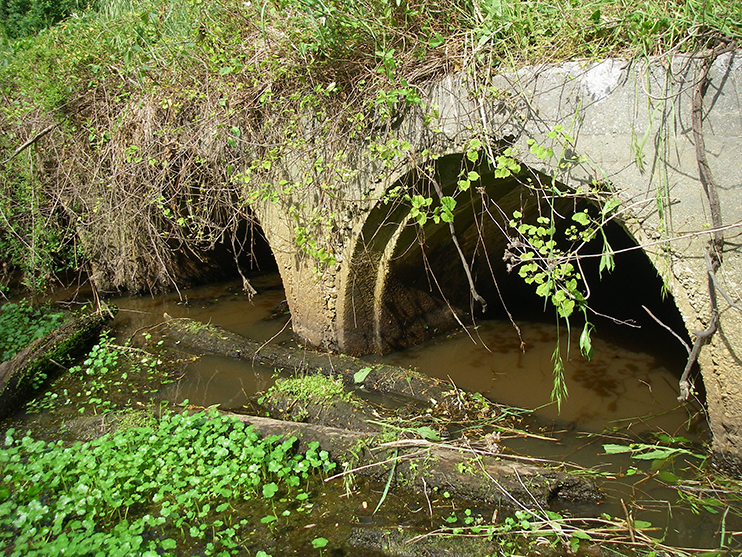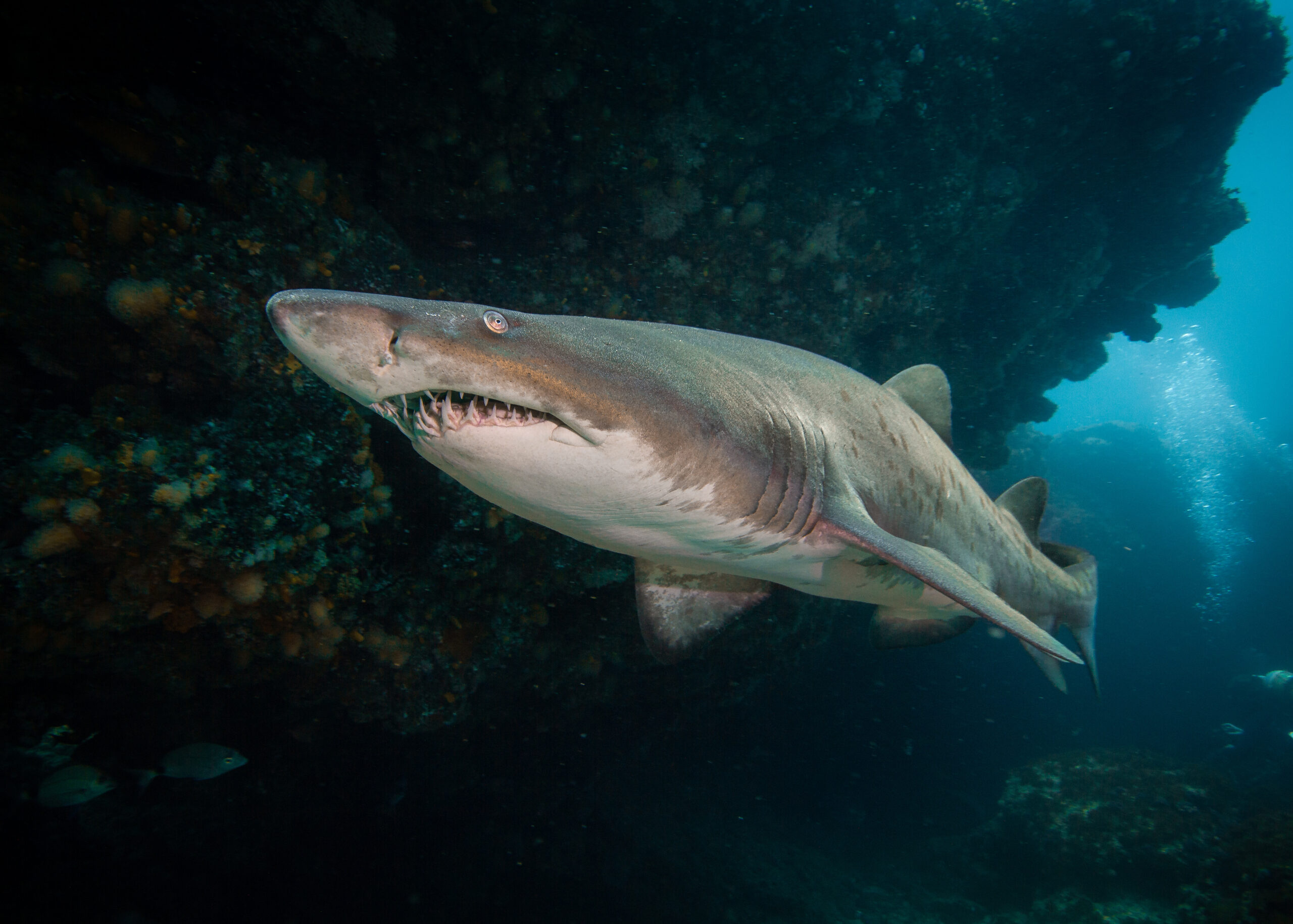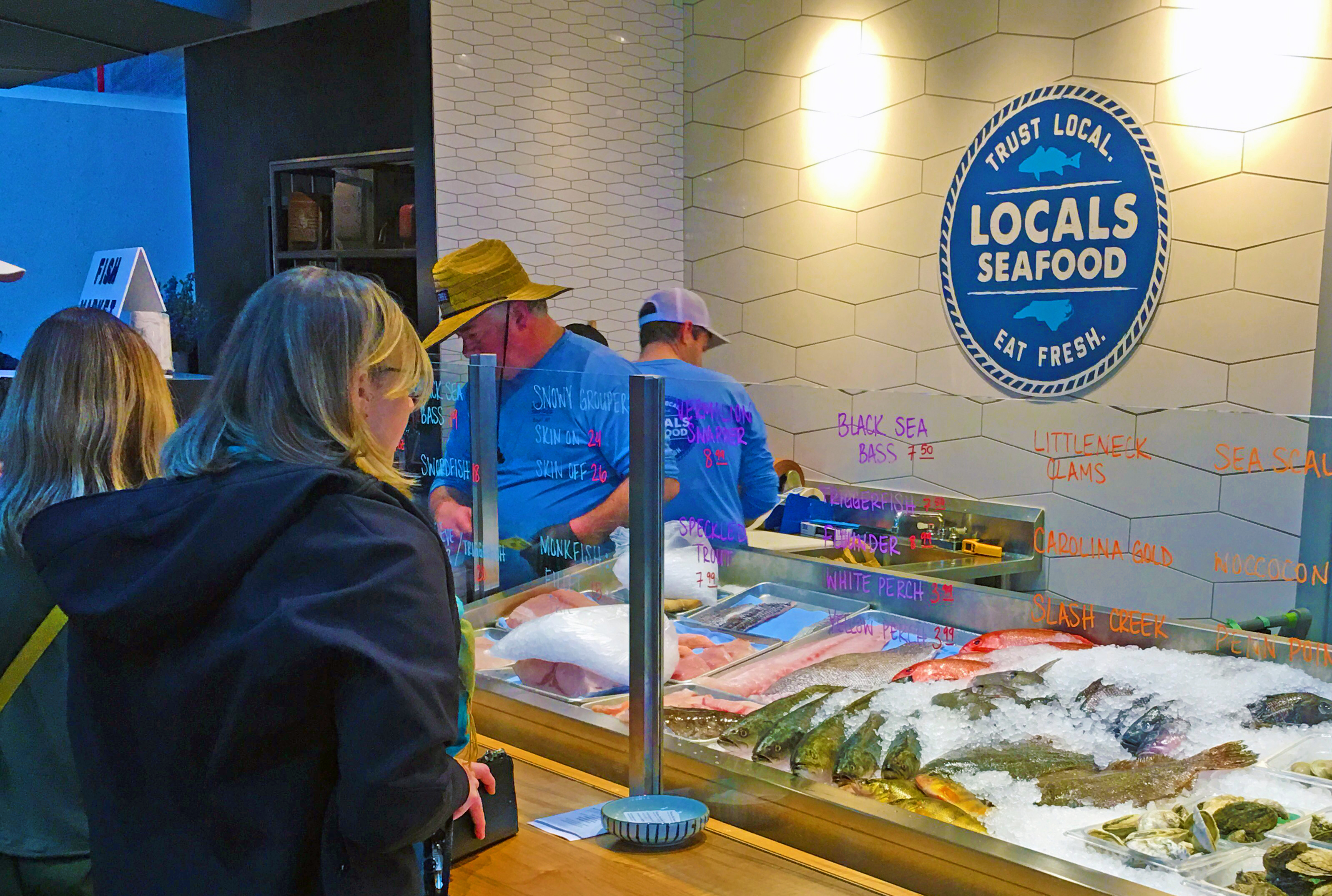Coastal Science Serves North Carolina: Sea Grant Funds New Research Projects

This article was published in the Spring 2014 issue of Coastwatch.
Water quality. Community development. Storm surge. Environmental education. Marine fisheries. North Carolina Sea Grant’s new core funding cycle supports research projects that cover a breadth of coastal issues and needs.
“North Carolina’s coastal and marine research community is clearly focused on priorities identified in our Sea Grant strategic plan,” notes Susan White, executive director. “We are eager not only to see critical project data but also to actively share the results and recommendations with federal, state and local agencies, along with community organizations and residents.”
North Carolina Sea Grant is part of the National Sea Grant College Program, within the National Oceanic and Atmospheric Administration. NOAA provides federal funds, while the state provides matching support. In addition to a core research cycle every two years, North Carolina Sea Grant provides seed funding throughout the year, and often administers state or federal research programs on specific topics.
Headquartered at North Carolina State University, Sea Grant is recognized as an interinstitutional program of the University of North Carolina system. Researchers across the state are eligible to compete for Sea Grant support. The 2014-16 funding cycle features projects with scientists from East Carolina University, NC State, NC Central University, UNC-Chapel Hill, UNC Coastal Studies Institute and UNC Wilmington, as well as Duke University. The listing also includes a regional project that couples in-state researchers with out-of-state colleagues.
“North Carolina Sea Grant continues to work with a breadth of UNC system researchers to ensure priority coastal and marine issues in the state are being addressed,” notes Chris Brown, vice president of research and graduate education for the UNC system. “New research approaches, featuring technical innovation and multidisciplinary partnerships, will provide state-of-the-art yet practical results that will be applied in support of local coastal communities and appreciated by countless visitors who enjoy North Carolina’s coastal resources.”
The new projects fit into several focus areas:
ENVIRONMENTAL LITERACY AND CAREER INITIATION
BUILDING OCEAN AND CLIMATE LITERACY IN NORTH CAROLINA THROUGH A PROJECT WET CLIMATE LITERACY MODULE; M. Nils Peterson, Susan Moore, Sarah Carrier and Renee Strnad of NC State; and Laurell Malone of NC Central.
Citizens with an understanding of climate and environmental issues are better equipped to face environmental challenges. This project will develop a new climate literacy classroom module in collaboration with a national environmental education curriculum known as Project WET. The team will evaluate its effectiveness based on increases in climate literacy among students and teachers.
HEALTHY COASTAL ECOSYSTEMS

METAPOPULATION DYNAMICS GUIDE OYSTER RESTORATION AND HABITAT PROTECTION; David Eggleston and Brandon Puckett of NC State.
Conservation and restoration of oyster beds offer many environmental and economic benefits. This project will map intertidal oyster reefs in Pamlico Sound and quantify oyster demographics. Researchers hope to identify connectivity among cultch planting sites, natural oyster reefs and broodstock reserves in the sound.
INTEGRATING EUKARYOTIC AND PROKARYOTIC PLANKTON COMMUNITY TRANSCRIPTIONS INTO AN ECOLOGICAL NETWORK ANALYSIS OF THE NEUSE RIVER ESTUARY; Adrian Marchetti and Hans Paerl of UNC-CH.
The Neuse River ecosystem continues to experience eutrophication issues despite efforts to reduce nitrogen inputs. Using molecular tools, this project will identify how the bacterio-plankton communities use different forms of nitrogen. Managers can then use results to develop plans and regulations.

EFFECTS OF SEA-LEVEL RISE ON COASTAL FRESHWATER WETLAND ANIMALS; Michael McCoy and Molly Albecker of ECU.
Animals often adapt in response to changes in climate within a region. This study offers initial steps to understanding the effects of saltwater intrusion from sea-level rise on an indicator species for coastal freshwater amphibian communities.
RAPID DETECTION OF FECAL INDICATOR BACTERIA IN WATER BY ENZYMATIC HYDROLYSIS OF SPECIFIC CHROMOGENIC SUBSTRATES; Jill Stewart, Mark Sobsey and James Bartram of UNC-CH.
Current fecal indicator bacteria assays are slow — with few changes since the 1800s. This research will develop a rapid direct assay not based on cultures. The improved timing and accurate results could prevent delays that could unnecessarily extend closures, resulting in lost tourism revenues and restricted shellfish harvests.
HAZARD RESILIENCE IN COASTAL COMMUNITIES
UNDERSTANDING DYNAMICS OF STORMWATER RUNOFF TO BETTER PROTECT PUBLIC HEALTH AT NORTH CAROLINA PUBLIC BEACHES; Rachel Noble and Michael Piehler of UNC-CH. Piehler also is part of UNC-CSI.

be addressed by a team that includes Michael Piehler of UNC-CH and UNC-IMS. Photo Courtesy Corey Adams
Researchers will study fecal-indicator bacteria dispersion from stormwater outfalls along North Carolina beaches. By pairing findings with existing data, the team will apply models of stormwater runoff to predict impact at high-use beaches.
STRENGTHENING THE HURRICANE WAVE AND SURGE FORECAST GUIDANCE PROVIDED TO COASTAL COMMUNITIES IN NORTH CAROLINA; Joel Casey Dietrich of NC State; Rick Luettich, Brian Blanton and Jessica Losego of UNC-CH; and Jason Fleming of Seahorse Coastal Consulting.
Using a high-resolution modeling system, the researchers will expand the utility and accuracy of wave, storm-surge and flooding forecast guidance available to emergency managers in North Carolina. The accurate prediction of these elements is essential for the safety of people and property.
SUSTAINABLE COASTAL DEVELOPMENT
DEVELOPMENT OF TOURISM TRAILS TO BENEFIT RURAL COASTAL ECONOMIES AND TO PRESERVE NATIONAL RESOURCES AND COASTAL HERITAGE; Pat Long, Okmyung Bin and Hans Vogelsong of ECU; and Karen Amspacher of Saltwater Connections.

This project will inform communities in coastal North Carolina regarding advantages of themed-trail development, including how best to balance economic revitalization with the preservation, protection and presentation of valued environmental and cultural assets.
LABOR IMPLICATIONS OF SUSTAINABLE COASTAL DEVELOPMENT: RELATIONS BETWEEN COASTAL AND INLAND COMMUNITIES; David Griffith of ECU and Barbara Garrity-Blake of Duke.
Coastal development in North Carolina often relies on workers from nearby communities. This study will consider how current patterns of coastal development depend on a labor force whose members have difficulty making ends meet.
SAFE AND SUSTAINABLE SEAFOOD SUPPLY
VALIDATING A NEW AND RELIABLE METHOD TO DETERMINE THE AGE OF BLUE CRABS; Robert Roer of UNCW.
This study will test a technique to determine ages of blue crabs by measuring a part of the stomach. If the method’s correlation is validated, it will provide a reliable means of determining the age of blue crabs, enhancing managers’ ability to maintain the blue crab fishery.
POPULATION CONNECTIVITY OF SOUTHERN FLOUNDER IN THE U.S. SOUTH ATLANTIC; Frederick Scharf and Will White of UNCW; Stephen Arnott of the S.C. Department of Natural Resources.
In an effort to increase effective management of southern flounder in North Carolina, this study seeks to improve understanding of connectivity among southern flounder stocks within the U.S. South Atlantic Basin. The work will focus on spawning and nursery grounds.
In addition to the North Carolina Sea Grant competition, researchers in the state were invited to participate in a mid-Atlantic regional research program. That funding includes:
UNDERSTANDING THE IMPACTS OF CLIMATE CHANGE ON THE DISTRIBUTION, POPULATION CONNECTIVITY, AND FISHERIES FOR SUMMER FLOUNDER IN THE MID-ATLANTIC; Joel Fodrie of UNC-CH.

As part of a larger regional project sponsored by several mid-Atlantic Sea Grant programs, North Carolina researchers will evaluate the implications of climate-driven shifts in summer flounder stocks — and the resulting implications for fisheries management.
North Carolina Sea Grant also will continue its long-term partnership with the N.C. Division of Marine Fisheries to fund a marine fisheries fellow to work with state managers on a specific topic. In 2014, the fellow will continue to review data for river herring, a traditional fishery that has had limitations and closures in recent years. Jeff Buckel of NC State serves as Mentor to the fellow.
“Overall, I’m excited to see the initiation of this set of projects,” notes John Fear, Sea Grant deputy director. “The results will provide new answers on a broad array of topics of great importance to our state.”
Sea Grant also will continue to provide small grants, often seed funding or smaller fellowships for more targeted projects. This effort, known as minigrants, has been cited as a “best management practice” with a record of providing results that often are a proof of concept that provides leverage for North Carolina researchers to seek funding from agencies such as the National Science Foundation.
The national and state Sea Grant mission combines outreach with research. Thus, the North Carolina program has award-winning extension and communications professionals, who work not only with academic faculty but also with partners at local, state and federal levels, as well as with community organizations.
Outreach efforts in 2014-16 will include a project with Georgia Sea Grant to develop community resilience and adaptation plans for recurring flooding with partner communities in Hyde County, N.C., and St. Mary’s, Ga. The North Carolina Sea Grant extension team also continues to work with North Carolina Catch and other partners to bring together fishing families, seafood processors, chefs, restaurant owners, wholesalers, retailers and consumers to identify and build value chains for local seafood.
The communications team produces Coastwatch magazine five times a year and shares more information about North Carolina Sea Grant at www.ncseagrant.org.
Rebecca Nagy contributed to this report.
This article was published in the Spring 2014 issue of Coastwatch.
For contact information and reprint requests, visit ncseagrant.ncsu.edu/coastwatch/contact/.


